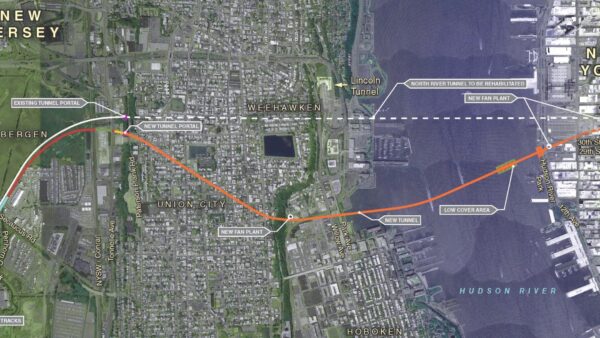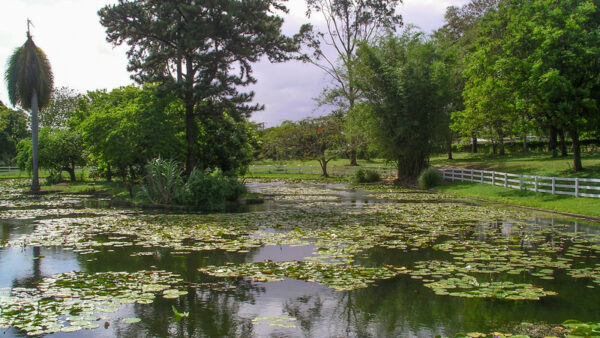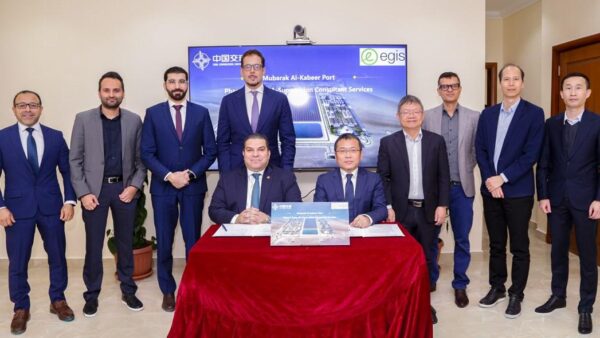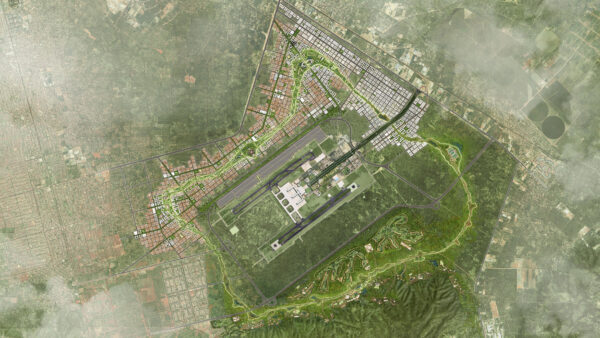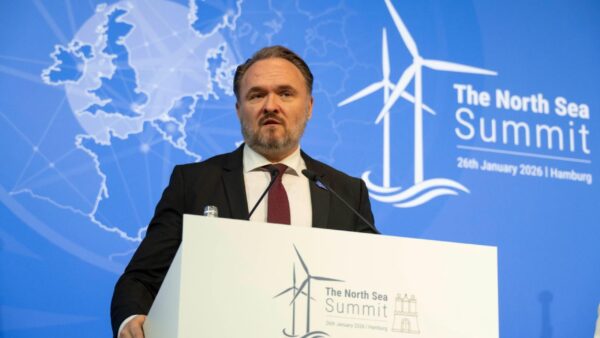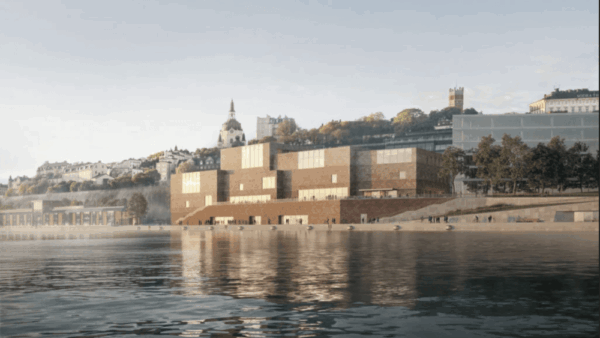The Philippines will ignore US sanctions against Chinese contractors and continue with large infrastructure projects they are building, a spokesperson for President Rodrigo Duterte said yesterday.
This contradicts his foreign minister Teodoro Locsin, who said last week that he would “strongly recommend” that his government terminate contracts with Chinese companies sanctioned by the US for their part in building artificial islands in the South China Sea.Â
At risk were two schemes being undertaken by China Communications Construction Company (CCCC) and several of its subsidiaries. One was a $10bn scheme to build the Sangley Point International Airport in Cavite Province, on the southern shores of Manila Bay. The project, undertaken with local partner Macroasia, involves land reclamation and the expansion of an existing airport.
In addition to that, CCCC subsidiary China Harbour Engineering Company has been given the go-ahead for a €650m reclamation project in Manila Bay (see further reading), and has is also conducting feasibility studies for a railway project linking the former US military bases of Clark Airport and Subic Bay, north of Manila.
President Duterte would not follow Washington’s move because the Philippines needed investors from China, said his spokesperson Harry Roque, reports the Associated Press.
Roque added that the Sangley airport project and “all other projects involving Chinese companies that are banned in the US” could continue in the Philippines since it was “not a vassal state of any foreign power” and would “pursue its national interest.”
Chinese capital is important for the country’s “Build, Build, Build” programme, which envisages investing $180bn in some 100 infrastructure projects. China has promised $9bn towards this, although it has so far signed formal agreements to provide only $900m.
Spending on infrastructure has roughly doubled under the Duterte administration, and presently stands at 7% of GDP.
Huang Xilian, China’s ambassador to the Philippines, responded to the sanctions imposed by the US departments of state and commerce by attacking the US for “driving a wedge between China and regional countries” and hailed Manila’s cooperation with Beijing, which he said was always based on “mutual benefit and win-win results”.
He added: “I believe that any attempt to undermine the normal economic cooperation between China and the Philippines will never succeed.”
The Philippines under Duterte has tried to steer a course between the US and China, relying on America to guarantee its security while seeking Chinese investment in economic development. After the Covid-19 pandemic pushed the country into its first recession for 29 years, the need for economic support seems to have carried the greater weight in Manila.
Image: A rendering of the Sangley Point airport, to be built on reclaimed land in Manila Bay (Sangley Airport)
Further reading:
- Philippines may terminate major CCCC construction deals following US sanctions
- Washington launches stinging attack on CCCC – but how successful will it be?
- China’s CCCC to build artificial islands for Duterte-backed scheme in Philippines
- China Harbour and Boskalis split massive land reclamation contract in Manila Bay

